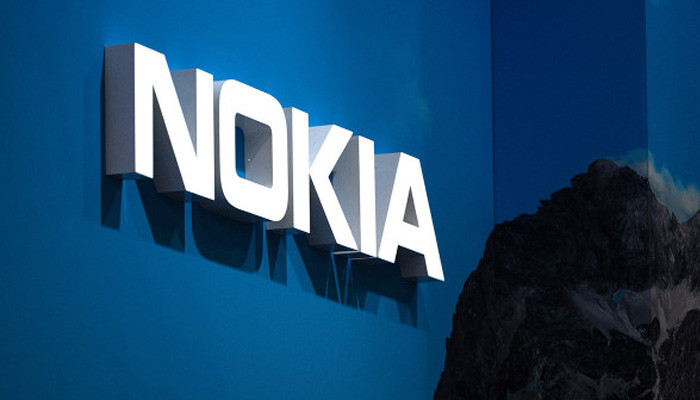Nokia smartphone brand will soon disappear: Why has it failed to gain a place in the market?
 On February 1, 2024, the section with smartphones of this brand will disappear from the official Nokia website. Currently, devices under the Nokia brand of HMD Global, which bought the mobile phone business from Nokia, are presented there. From 2026, however, HMD Global will no longer sell Nokia smartphones. As reported by ITHome, the section with smartphones on the Nokia website has formally already closed, but you can still access it via the direct link nokia.com/phones. From February 1, this section will apparently be completely removed as part of a “brand transformation plan,” according to HMD Global. Recently, HMD Global, without any announcements, launched the website hmd.com, which is expected to soon feature pages for Nokia smartphones, as well as branded devices and devices from HMD Global partners. But after 2025, the vendor will finally stop producing and selling devices under the Nokia brand. Why has Nokia failed to find a place in the modern market? So, the brand was stubborn and did not try to make smartphones on the Android operating system while it was gaining popularity and appeared on devices from more and more manufacturers. Moreover, for a long time, Nokia management seemed to think that people would not accept touchscreen phones and would continue to use the QWERTY keyboard layout. This misconception was the beginning of the brand's downfall. Realizing the market trends very late, Nokia introduced its Symbian operating system, which it implemented in its smartphones. Users, as expected, faced a number of usability issues, as the new operating system lacked the app support and developer ecosystem offered by competing platforms such as iOS and Android. A clunky user interface and a limited selection of applications prevented Symbian from effectively competing with the above-mentioned operating systems. All this, along with a failed marketing strategy, a lack of product innovation, an ill-timed and ill-conceived deal with Microsoft, and an inability to adapt and change quickly enough, ultimately led to Nokia looking likely to exit the market for good. |

Single-dose HIV vaccine candidate induces neutralizing antibodies
64703.02.2026, 19:19
Apple ‘runs on Anthropic,’ says Mark Gurman
69801.02.2026, 23:53
Meet the Kennewick Man: Face of 'most important' ancient American revealed after 8,500 years
72525.01.2026, 17:07
Can Humanoid Robots Build Aircraft? UBTECH Partners with Airbus
67019.01.2026, 23:41
Nasa's mega Moon rocket arrives at launch pad for Artemis II mission
69918.01.2026, 17:53
China's Mars rover discovers longer water existence on red planet
68211.01.2026, 15:31
